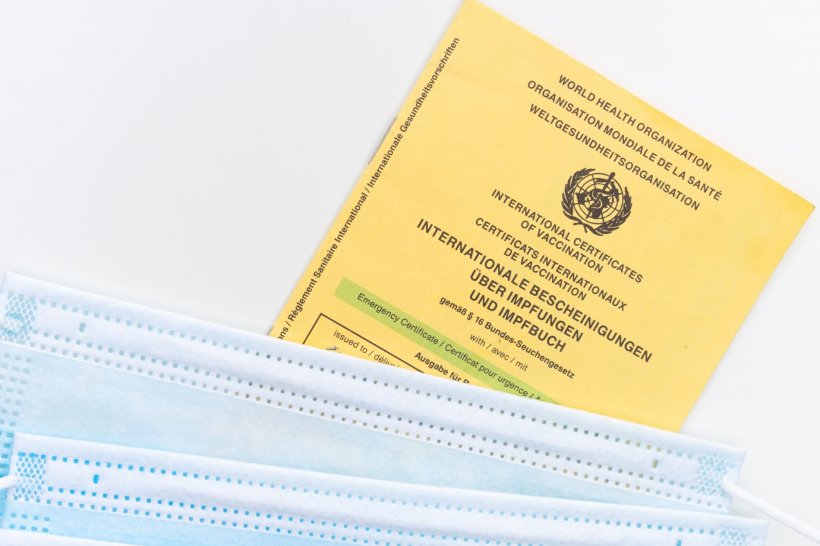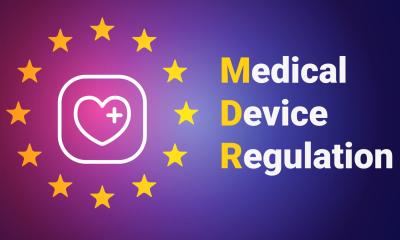
Image source: Unsplash/Markus Winkler
News • Legal, ethical, medical challenges
12 things to consider before introducing Covid-19 vaccine passports
Covid-19 vaccine passports could be created, but significant challenges need to be overcome first, according to a report from a panel led by Oxford Professors Melinda Mills and Chris Dye, which outlines a dozen issues which must be addressed before passports can be introduced.
The report is published by the SET-C (Science in Emergencies Tasking: Covid-19) group at the Royal Society and it recommends a series of fundamental issues need to be addressed before a passport system could be introduced.
Of foremost concern is that any passport should reveal if the holder is protected from illness and unable to transmit the virus. Passports would also need to show vaccine efficacy, international acceptance and if it is effective against new or emerging variants. And passports would need to be secure, legal and ethical. One of the report’s lead authors Professor Mills, Director of the Leverhulme Centre for Demographic Science, says, ‘Understanding what a vaccine passport could be used for is a fundamental question. Is it a passport to allow international travel or could it be used domestically to allow holders greater freedoms? The intended use will have significant implications across a wide range of legal and ethical issues that need to be fully explored and could inadvertently discriminate or exacerbate existing inequalities.’
We need a broader discussion about multiple aspects of a vaccine passport, from the science of immunity through to data privacy, technical challenges and the ethics and legality of how it might be used
Melinda Mills
Another lead author Professor Dye, Professor of Epidemiology in Oxford’s Department of Zoology, says, ‘An effective vaccine passport system that would allow the return to pre-Covid-19 activities, including travel, without compromising personal or public health, must meet a set of demanding criteria – but it is feasible. First there is the science of immunity, then the challenges of something working across the world that is durable, reliable and secure. There are legal and ethical issues that need to be satisfied too.’
Professor Mills adds, ‘International standardisation and following the lead of the WHO is one of the criteria we believe essential, but we have already seen some countries introducing vaccine certificates related to travel or linked to quarantine or attending events. We need a broader discussion about multiple aspects of a vaccine passport, from the science of immunity through to data privacy, technical challenges and the ethics and legality of how it might be used.’
Professor Dye maintains, ‘Huge progress has been made in many of these areas but we are not yet in the best position to use vaccine passports. At the most basic level, we are still gathering data on exactly how effective each vaccine is in preventing infection and transmission and on how long the immunity will last.’
The 12 criteria drawn up by the panel of experts are that a passport should:
- Meet benchmarks for Covid-19 immunity;
- Accommodate differences between vaccines in their efficacy, and changes in vaccine efficacy against emerging variants;
- Be internationally standardised
- Have verifiable credentials;
- Have defined uses;
- Be based on a platform of interoperable technologies;
- Be secure for personal data;
- Be portable;
- Be affordable to individuals and governments;
- Meet legal standards;
- Meet ethical standards;
- Have conditions of use that are understood and accepted by the passport holders.
Source: University of Oxford
22.02.2021







